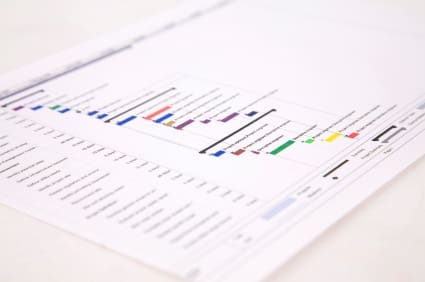Over the course of the last 15 years, there have been some rather significant changes in the field of project management. It is now widely recognised as a discipline that most business owners have a great need for within their organisation. Whether they are a large organisation or a small one, employ many individuals or just a few, the importance of project management cannot be denied.
To cope with the need for project managers who have a full understanding of exactly what the role entails, experts such as Parallel Project Training run a wide range of project manager courses that offer knowledge and experience as well as internationally recognised accreditations and qualifications on a range of levels; or as part of a CPD program to help those already in the industry’ and those looking to take their first steps into project management. Such courses can help embed the principles of good project governance into new project managers, so they have the best chance of starting this career on a strong footing.
Project management can be used irrespective of the industry, and there are some fundamental principles that apply to every industry. The differences will often lie in the more technical details of a project rather than the management approach that is adopted. The skills, processes, and values which make up project management can be applied to all projects.
What does governance refer to?
Governance references the framework of accountability and authority that controls and defines the outputs, the outcomes and the benefits that can arise from a project, a programme or even a portfolio. It is the mechanism by which the investing organisation places technical and financial control on the spread of the work and the understanding of the value it has.
A simple view
Project management is essentially a combination of a number of tasks and the individuals who have responsibility for those tasks. It starts with planning and scheduling all of the tasks and also includes such things as controlling the budget for the project.
No matter what industry or sector the aim of any project is to deliver an end product, this could be a service or a new product, it could even be a part for a new product. During the early processes of the project, it is essential to not only plan for the work that is required within the project but also to plan for the potential risks that could be met along the way and put measures in place to deal with them, in order to avoid as much damage to both timeframe and cost as possible.
Professional project management isn’t just about ensuring that you are managing a number of tasks that will deliver a good end product. This is something that many individuals would be capable of. Project management is more about making big changes, it is more than simple management. Even once a project is completed, there is still a lot of work which must be done to tidy up all of the loose ends, consider what worked within the project and what didn’t, and look at the lessons that can be learnt from the outcome.



